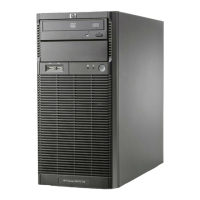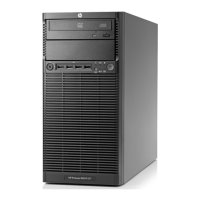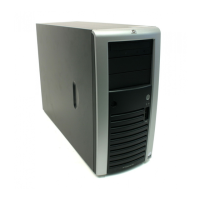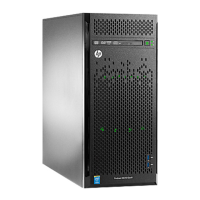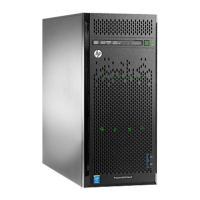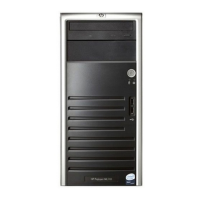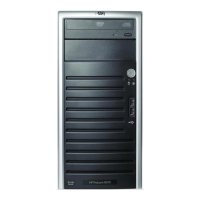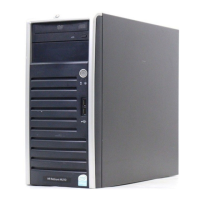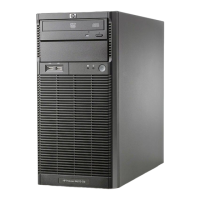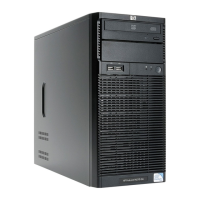System Features
• Optional media storage capacity
— Full-height common bay supports any paired combination of tape drive, internal
backup device, or DVD-ROM drive
— Hard disk drive cage that supports four non-hot swappable PATA (Parallel Advanced
Technology Attachment) or SCSI drives
or
— Hot-swappable drive cage that supports four SATA (Serial Advanced Technology
Attachment) drives
•
•
•
•
•
•
External ports, all located on the rear panel of the server. These ports are color-coded for
easy matching to corresponding I/O device.
— PS/2 keyboard port
— PS/2 mouse port
— USB ports (2)
— Monitor port
— Serial port
— Parallel port
— LAN port
Standard autoranging 350-watts power supply unit with PFC function
Cooling system includes a system fan (rear panel) and a CPU fan (attached to the heat
sink)
Software
NOS (Network Operating System) support includes:
— Novell
®
NetWare
®
5.1
— Novell NetWare 6.0
— Novell NetWare 6.5
— Novell Small Business Suite
— Red Hat
®
Linux
®
9.0
— Red Hat Enterprise Linux ES 2.1
— Microsoft Windows Server 2003 and Small Business Server 2003
Diagnostic tools include:
— BIOS Setup Utility
— Diagnostics for Windows
ACPI (Advanced Configuration and Power Interface)-compliant power management
scheme
1-2 HP ProLiant ML110 Server Operations and Maintenance Guide
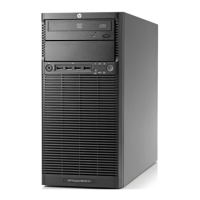
